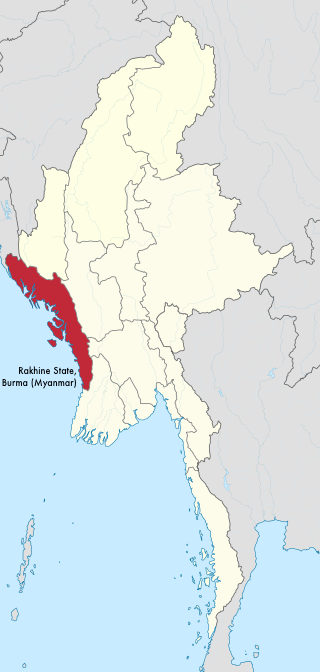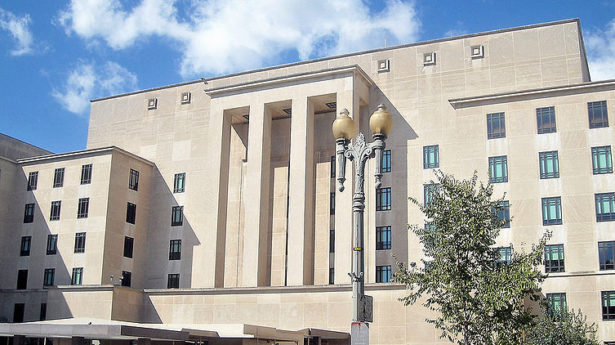The Unitarian Universalist Service Committee advances human rights through grassroots collaborations.
Crimes Against Humanity Escalate in Burma
By Amber Moulton on March 6, 2017
[March 9, 2017: This post was updated to reflect accurate numbers of people killed, from 86 to 1,000].
Rohingya Muslims, an ethnic and religious minority population in Burma (Myanmar), are one of the most persecuted groups in the world and are currently facing extreme violence at the hands of the Burmese military.
In northern Rakhine State, on October 9, 2016, militants attacked three police outposts, armed with mostly sticks and knives, killing nine police. This triggered retaliatory attacks by the Burmese military that have included killing of civilians, including children and babies, mass rape, and a scorched-earth practice that has destroyed over 1,400 homes, mosques, and other Rohingya-owned structures. The military has claimed that this is simply a “clearance operation” against terrorists, but it has indiscriminately and disproportionately harmed large numbers of civilians. The horror is compounded by the fact that the military has barred journalists and independent human rights monitors from the area and have restricted humanitarian aid – including food and healthcare – to people living in the IDP camps.

Rohingya activists and the international community have argued that these most recent atrocities are part of a long-standing campaign against the Rohingya that has been called “crimes against humanity,” “ethnic cleansing,” and even “genocide.” Indeed, the International State Crime Initiative has documented the process of genocide unfolding in Rakhine State.
Since October, attacks have included state-sanctioned violence such as:
- Indiscriminate abuse, killings, and arrests in what has been characterized as a “collective punishment” of the Rohingya. More than 1,000 people may have been killed, according to senior UN officials, including eight that were confirmed dead while in police custody, raising serious concerns about torture in detention.
- Mass rape of Rohingya women by security forces.
- Legal action against 485 civilians, without explanation, as well as the arbitrary arrest of at least 440 Rohingya, many taken from their families by police with no information about their whereabouts or charges against them.
- The destruction of over 1,400 structures in arson attacks in northern Rakhine State.
There are also reports of security forces restricting humanitarian aid, including from the World Food Program, from Rohingya IDP camps where there are no other sources of food. An estimated 3,000 children in these areas already suffer from severe acute malnutrition and will likely die without this support.
In light of this violence, 66,000 people have fled across the border to Bangladesh, where they continue to face inhumane treatment. There have been reports of refugees shot, beaten, and robbed while trying to cross the border. Those who make it often find themselves in the cramped makeshift homes of earlier refugees or struggle to survive on the roads and in the woods with no shelter.
UUSC is working directly with our grassroots partners on the ground in Burma, as well as Rohingya leaders and other allied groups who are documenting the atrocities, calling for an independent investigation into the human rights abuses and providing food and aid to those in desperate need. In early February, UUSC staff joined a broad coalition of human rights organizations in Kuala Lumpur, Malaysia to discuss a joint international strategy to respond to the situation. We are now jointly calling for the U.N. Human Rights Council to pass a resolution to mandate a Commission of Inquiry comprising international experts to examine all human rights violations, establish facts, and assess alleged crimes under international law in Rakhine State against Rohingya Muslims and other Muslims as well as Rakhine Buddhists.
